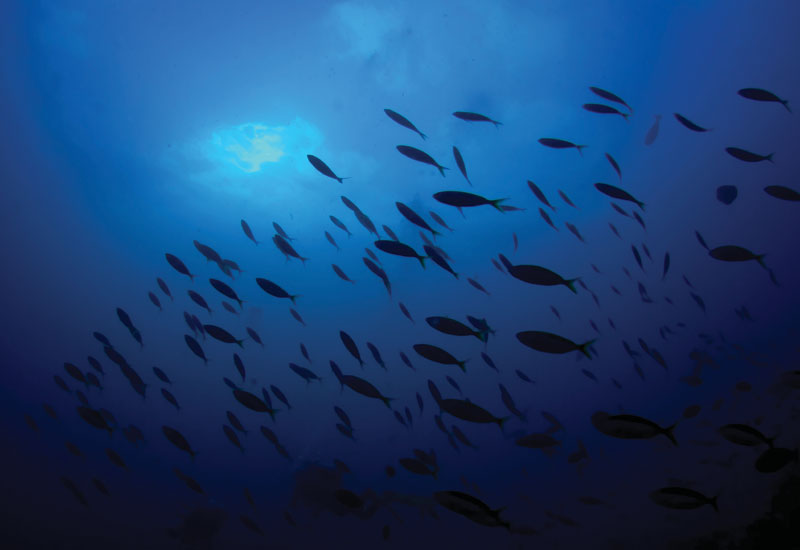Today, overfishing has brought numerous sea species to the brink of extinction. So how are Middle East chefs and suppliers dealing with increasing limitations when serving seafood?
The Middle East has traditionally harvested plenty from the sea, making fish and shellfish a popular part of modern diets.
But today, overfishing and lack of knowledge — or in some cases a blatant disregard for environmental protection — have brought many regional favourites to the brink of extinction.
Emirates Wildlife Society in association with WWF (EWS—WWF) is a national (UAE) environmental non-governmental organisation that has been active in the UAE since 2001 with the aim of conserving natural heritage and promoting sustainable lifestyles.
EWS—WWF conservation officer Nessrine Alzahlawi explained: “Overfishing is a global problem, with about 80% of the world’s fish stocks being fully exploited, overexploited, depleted or recovering from depletion, according to the UN’s Food and Agriculture Organization (FAO).
“But this is also a local problem: stock assessment show that eight important commercial species are being taken out well beyond sustainable levels: hamour, kingfish, zuraidi, shaari, fersh, yemah, qabit and safi arabi,” she said.
Okku Luxury Japanese Restaurant and Lounge corporate chef Ryu Sato Gardiner noted: “Bluefin tuna is the most obvious, but some seabass and cod varieties are also being depleted, depending on the type and origin.”
Seafood supplier Royal Culimer’s general manager, Jeroen Tollenaar, added that shark, grouper and even some crustaceans were on the verge of disappearing.

Advertisement
“Unfortunately it will only get worse if we don’t change our habits,” he warned.
According to Colin Clague, executive chef at Zuma Dubai, seafood prices have risen in the Middle East, as is the case elsewhere.
“Wild caught fish has become very expensive, especially the top quality variety that we use, but our customers obviously want the quality that we provide and pay accordingly,” he said.
Corrado Pani, Italian chef at Ritz-Carlton Dubai, noted that sea urchins and abalone were also becoming increasingly expensive.
“The consumer demand has dropped from 2008, when business was still booming,” he commented. “People are wiser now about importing pricey items — they don’t want to risk losing the money or wasting the product if it doesn’t sell.”
Of course, a lot of what is put on menus depends on what is available in the market. Seafood supplier Royal Culimer’s Tollenaar emphasised that the firm did not deal with “irresponsible fishermen”.
“We are partnered with the WWF and train fishermen and provide them with circle hooks, which reduce the bycatch by almost 80% compared to normal J hooks,” he explained.
“And some items, like bluefin tuna, we don’t offer. Instead we offer ‘Superfrozen’ yellowfin tuna. With regards to shrimps, vannamei was placed on the Red List last year, so we now deliver this shrimp with Global Gap certificate.”
According to Thushan Don, head chef of Aquara at Dubai Marina Yacht Club (DMYC), the industry has not yet seen the full impact of depleted stocks.
“The government here has been very strict over the past few years on fishing quotas,” he said.
“But I suspect tuna will become very scarce in future, as the Asian governments are not imposing any restrictions.”










 Search our database of more than 2,700 industry companies
Search our database of more than 2,700 industry companies









